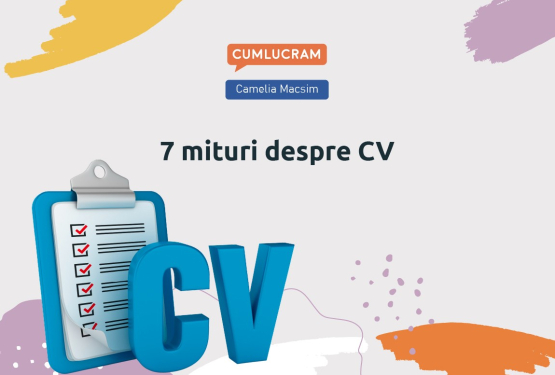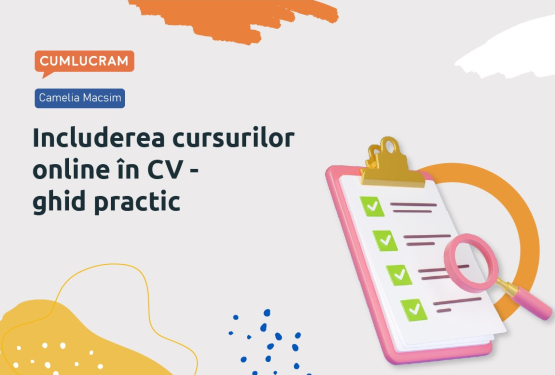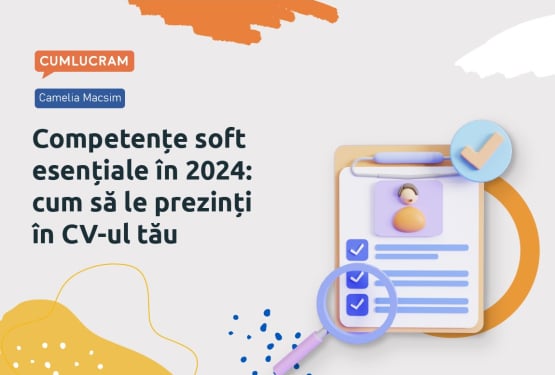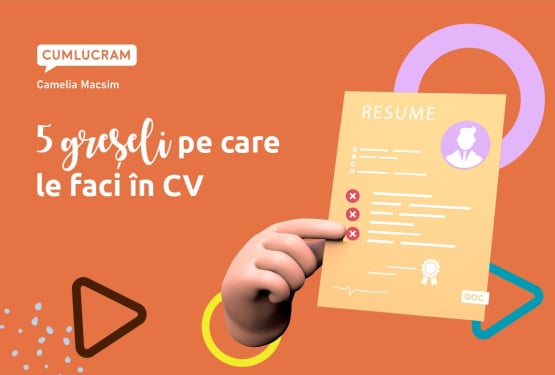Create Free Online CV English or Romanian and Download CV Template PDF
Make a great impression from the start with a CV in an attractive format, easy to follow and approved by the most rigorous recruiters. Choose one of the models below and apply today to the job you dream about!
Be proud of your resume
Most candidates rely on a simple word document when applying for jobs. Stand out and catch the attention of employers with a visually appealing format! Help them get to know you better in just a few minutes and highlight your most important professional achievements!
How to write a flawless resume in minutes

Add information about yourself and your experience

Choose one of these 4 CV templates to make your job easier

Click the "Save" button and apply for your dream job today
Resume templates available
- 1 SIMPLE CV MODEL
- 2 PROFESSIONAL CV MODEL
- 3 STRUCTURED CV TEMPLATE
- 4 COMPACT CV MODEL

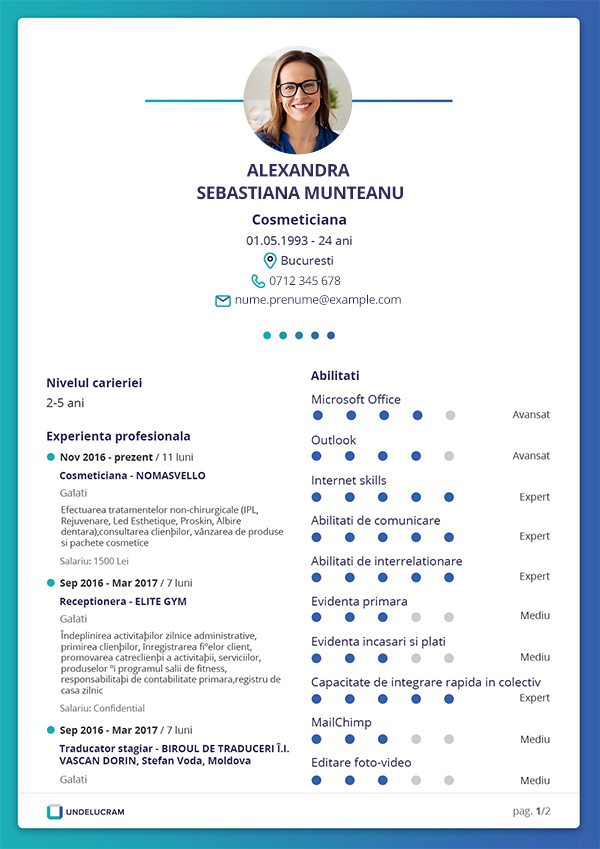
Why choose Undelucram.ro resume templates

Online access anywhere, anytime
You can access, update and send your CV at any time to take advantage of any career opportunity

Focus on what is important
All the above templates easily highlight the most important professional achievements

Stand out among thousands of resumes
The graphics and structure of your CV will help you catch the attention of employers and not get lost in the crowd
Tips for a flawless resume
Your CV is your business card. Watch the video below and make sure you get noticed from the first seconds!

Last news


